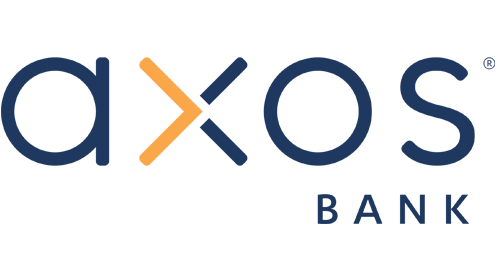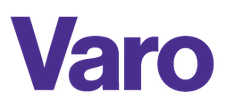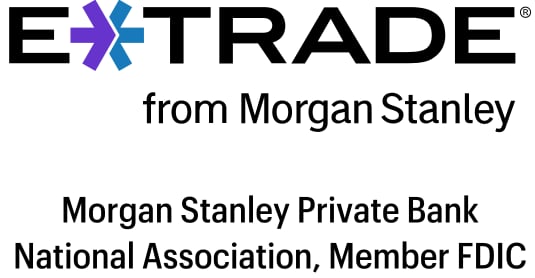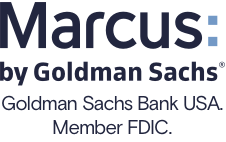What Is a Cash Management Account?
Cash management accounts are offered by brokerages and provide checking and saving features.

Many, or all, of the products featured on this page are from our advertising partners who compensate us when you take certain actions on our website or click to take an action on their website. However, this does not influence our evaluations. Our opinions are our own. Here is a list of our partners and here's how we make money.
A cash management account, or CMA, is a cash account that combines services and features that are similar to checking, savings and/or investment accounts under one product. CMAs are typically offered by nonbank financial service providers, and some CMAs can provide high interest rates and reasonable or no fees thanks to low overhead that comes from online-only services.
While providers vary in what they offer, here are some of the typical features, benefits and drawbacks of cash management accounts.
Pros and cons of cash management accounts
Pros:
Fewer accounts to manage.
Potentially higher interest rates than standard bank accounts.
Benefits similar to checking and savings accounts.
Federal insurance on your account, often provided through third-party bank partners.
Cons:
Interest rates might be higher with online savings accounts or by investing.
Customer service may not be face-to-face.

on Wealthfront's website
Wealthfront Cash Account

4.00%
$1

on Betterment's website
Betterment Cash Reserve – Paid non-client promotion

4.50%
$0
What are the benefits of a CMA?
Simplified account ownership. A CMA can streamline your finances by allowing you to make transactions, earn high-yield interest and sometimes use a credit line that’s attached to your investment securities all without having to transfer funds between different accounts.
Above-average interest rates. Some cash management accounts have annual percentage yields that are higher than what most brick-and-mortar banks offer. For example, Betterment’s cash management account, Betterment Cash Reserve, has a 4.00% APY**, whereas the average national interest rate on savings products is 0.41% APY.
Alternative to checking and savings accounts. Cash management accounts often come with mobile check deposit, check writing, Federal Deposit Insurance Corp. insurance through third-party banks (sometimes even multiple times the usual coverage amount), bill pay, money transfers, goal setting, overdraft programs and more.
» Check out some options: see reviews of the Vanguard Cash Account and Fidelity Cash Management
Things to consider about CMAs
You might not get in-person customer service. Like online banks, the nonbank financial service providers that offer CMAs tend to have remote customer service so that they can have lower overhead and pass the savings onto their customers in the form of higher interest rates. While technology is making it easier to get virtual support, online cash accounts can be a challenge for people who prefer face-to-face interaction.
Other financial products may have higher interest rates. If you’re looking for a strong return on your money, consider checking out NerdWallet’s list of high-yield online accounts in addition to cash management accounts. Or, if you’re looking to put away your savings for a long period, consider investing it instead for even higher returns or consider opening a certificate of deposit.
Is a CMA right for me?
If you’re a fan of online banking, chances are that you’ll like the similar features that cash management accounts have to offer. While face-to-face customer service might be swapped for virtual assistance, the savings in overhead allows some of these cash accounts to provide high interest rates and streamlined account features. Make sure you evaluate what a CMA offers and what fees it charges before you open an account.
» If high rates are a priority, you can also check out NerdWallet’s best savings rates.










